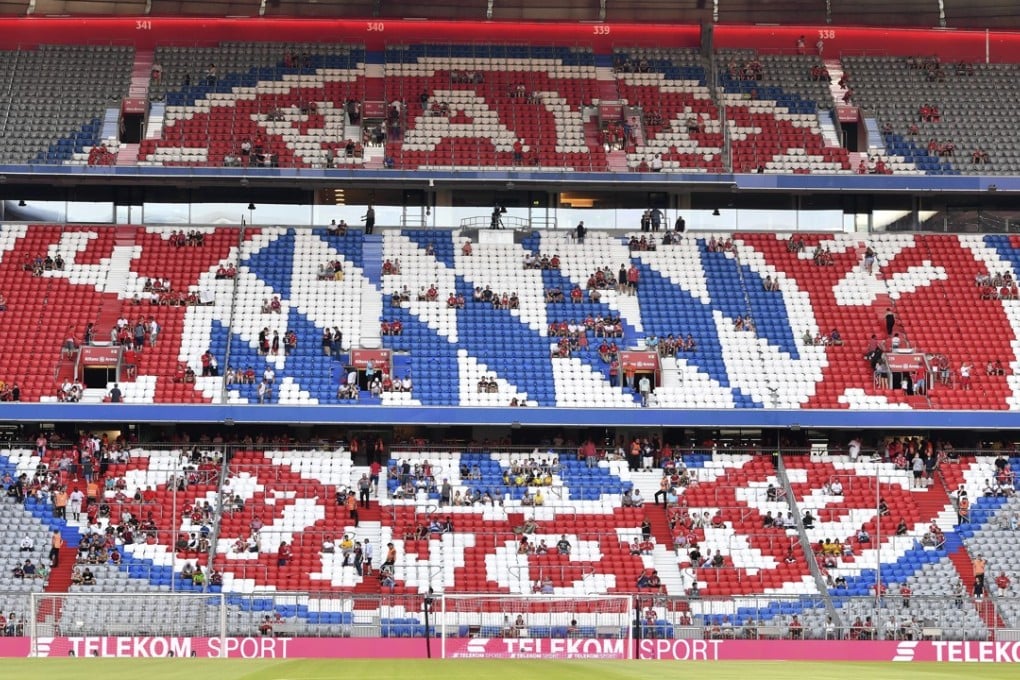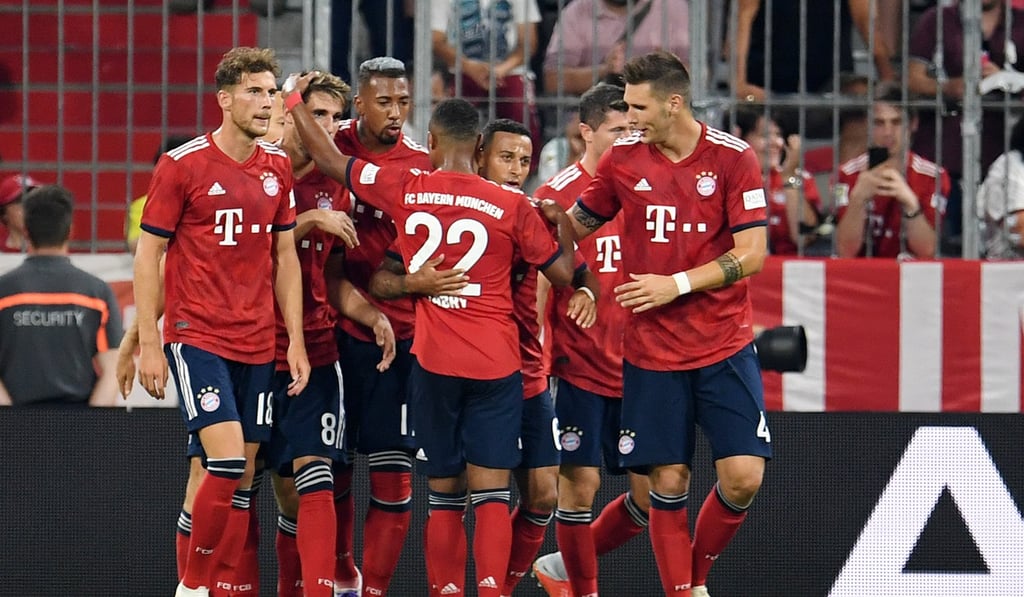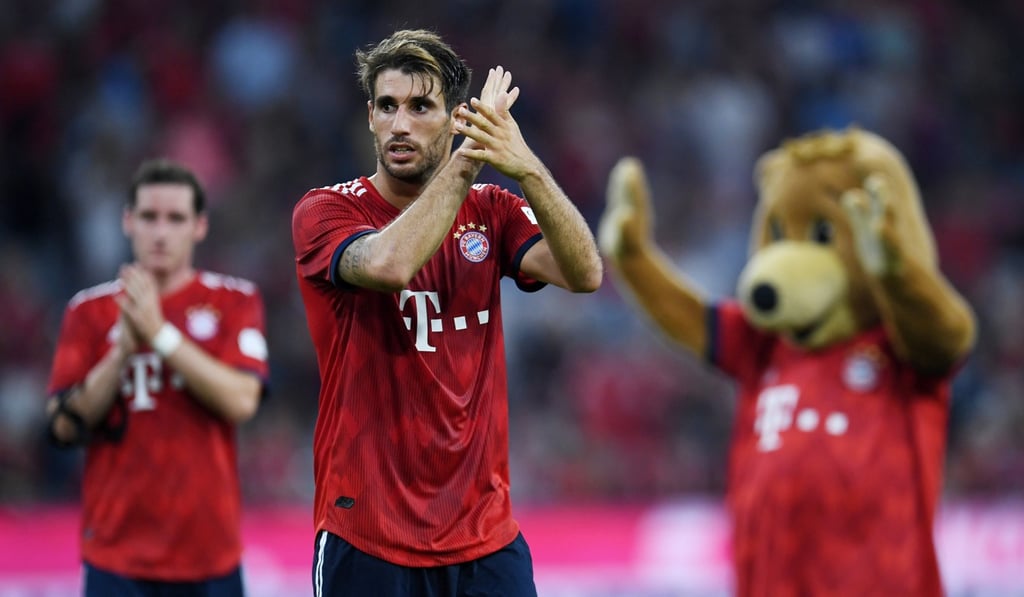Opinion | Bayern Munich: a shining example of a well-run club with nobody left to conquer in their own land
The Bavarians are rightly held up as a class operation in European football. But where do they go from here?

February 6, 2018. A group of Manchester United fans have organised a memorial in Munich to mark the 60th anniversary of the Munich Air Disaster which decimated Sir Matt Busby’s great side.

“Manchester United became a reference point in my life as a footballer and of chairman of Bayern Munich,” said Rummenigge to an assembled crowd of 2,000.
“Manchester United are more than wins, defeats, titles and lost trophies. Manchester United represents unconditional devotion, great joy and deep mourning. To this day I’m impressed by how the memory of those who were lost is passed on by fans. They provide a wonderful example of how to honour those who are no longer with us – by never forgetting them.”
The Bayern officials handle themselves with grace and respect. They stay longer than they should, they joke with fans about United being lucky in the 1999 Champions League final. Despite the disaster being little to do with their club, they have a section dedicated to it in their club museum.

